Best Business Resources for Mastering Website Speed

:: Sharon Bell, CDNetworks ::
Website performance has become a necessity for businesses of all sizes. Whether they serve website content to a local or global user base, one thing remains constant: website visitors will not hesitate to abandon a Web page that doesn't load in times they deem acceptable.
In fact, research has shown that after waiting as little as 3 seconds for a page to load, about 40 percent of users will abandon the site completely and will likely find information they're searching for from another source. Why wouldn't they? The information they seek, services they vet, or products they could have been buying can easily be found on other faster loading websites that offer a better browsing experience.
Improving website performance doesn't always have to be a costly initiative to turn impatient users into loyal customers and away from the competition. Some of the best resources available won't cost you much at all (most are free). We've identified three types of tools and resources that are easy to use. They offer invaluable benefits to websites looking to improve their overall site performance.
1. Site Speed Tests
The first step toward maintaining a fast website is determining how fast it currently is. This allows webmasters to better understand what elements of a site should be changed. Run the following free tests for various levels of insight and specific suggestions to speed things up as necessary:
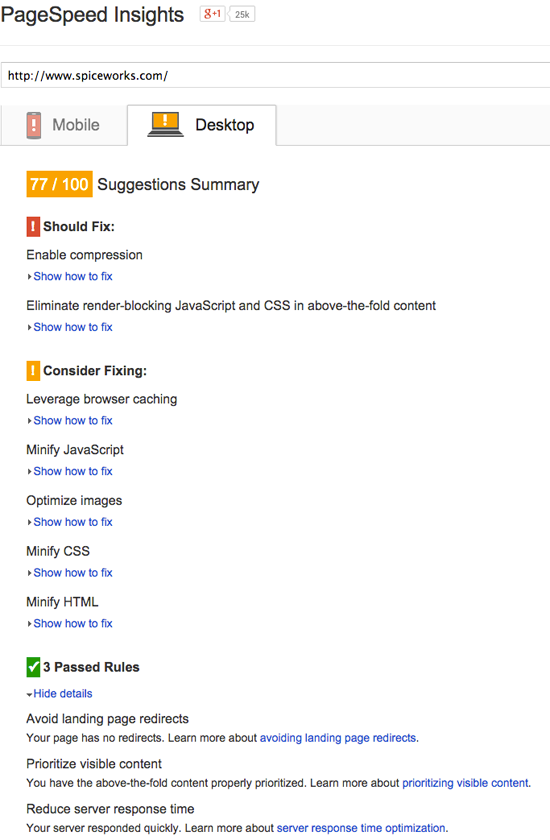
Why this is a useful testing tool:
- Provides a high-level site performance grade between 0-100
- Suggests fixes and prioritizes the importance of each
- Has the ability to review both desktop and mobile performance levels
PageScoring Website Speed Test
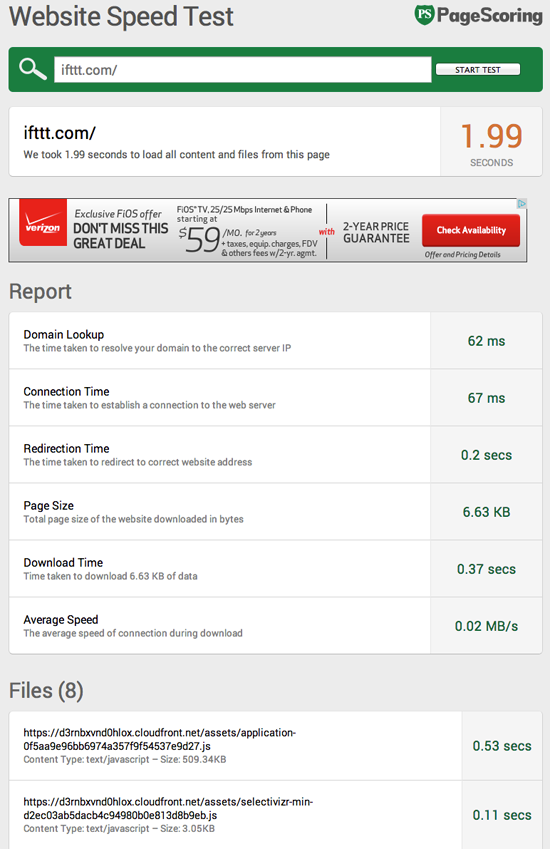
Why this is a useful testing tool:
- Serves as a high-level loading speed test of a single page
- Reports number of seconds to load content and images on a page
2. Site Performance Monitoring Tools
For a multitude of reasons, websites can experience downtime, delays or crashes. Setting up and regularly using monitoring tools allow webmasters to get notified immediately whenever their site is down, performing slowly or compromised. Monitoring websites also helps to aggregate performance data and determine how resilient a site is to (seasonal) traffic spikes. Some monitoring tools to consider include:
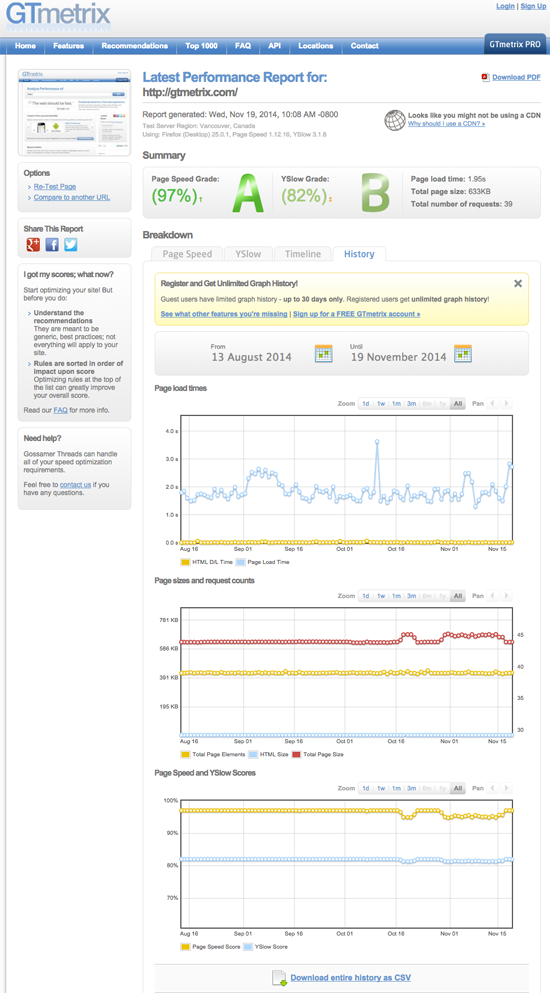
Why this is an effective monitoring tool:
- Provides an all-inclusive performance review
- Gives webmasters the ability to download entire performance history as a CSV or PDF file
- Excellent tool for reporting purposes
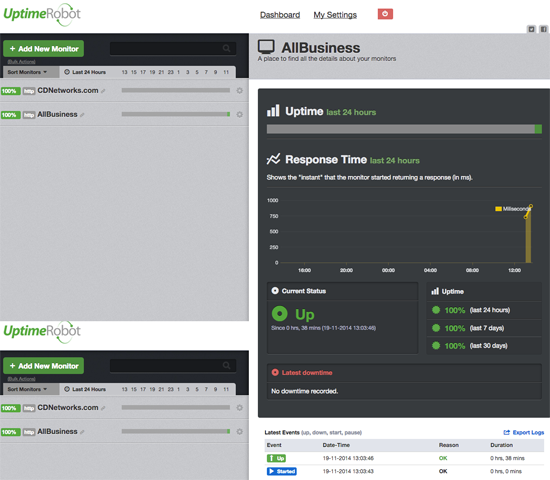
Why this is an effective monitoring tool:
- Allows webmasters to monitor HTTP(S) sites, keywords on site, pings (IP addresses) or ports (HTTPS, FTP, IMAP, etc.)
- Users have access to 50 monitors for free
- Monitor can be set to run as often as every 120 minutes to every 5 minutes
- Triggers immediate site malfunction alerts through email, SMS, Twitter and/or third-party apps with push notifications
3. Seeking Knowledgeable Advice
Finally, why not pair some free tools with free advice by professionals experienced enough to give it? Technology forums, blogs, and communities are the best ways to offer and receive advice, troubleshoot technical challenges, and make connections for further support. Here are a few communities and forums that provide valuable insight:
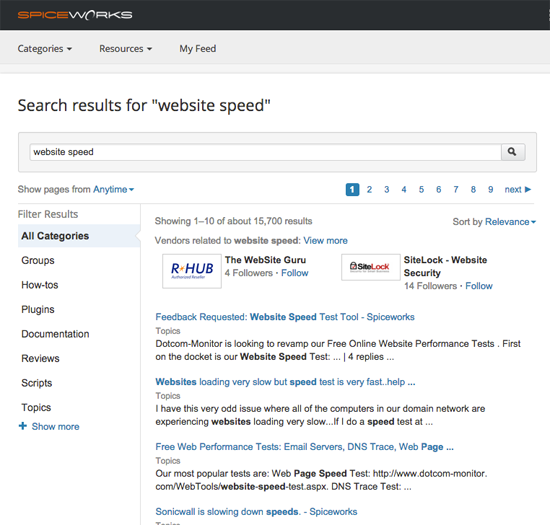
Why this is a valuable resource:
- Serves as an active IT discussion forum to ask and answer queries on anything related to technology
- Great place for learning about solutions, products and services
- Resource for advice on troubleshooting site performance issues

Why this is a valuable resource:
- Offers users digestible articles explaining elements to improve site speed, like CSS sprites, CDNs, browser caching and more
- Useful resource to bookmark for free site speed improvement how-tos and relevant explanations
What resources have you relied on to improve website performance? How have they worked for you? We'd love your feedback in the comments below!
About the author
Sharon Bell is the Director of Marketing for CDNetworks, a global CDN provider that helps online businesses reach and delight their audiences around the world. Prior to joining CDNetworks, Sharon led marketing teams at technology start-ups and giants including CA Technologies.









